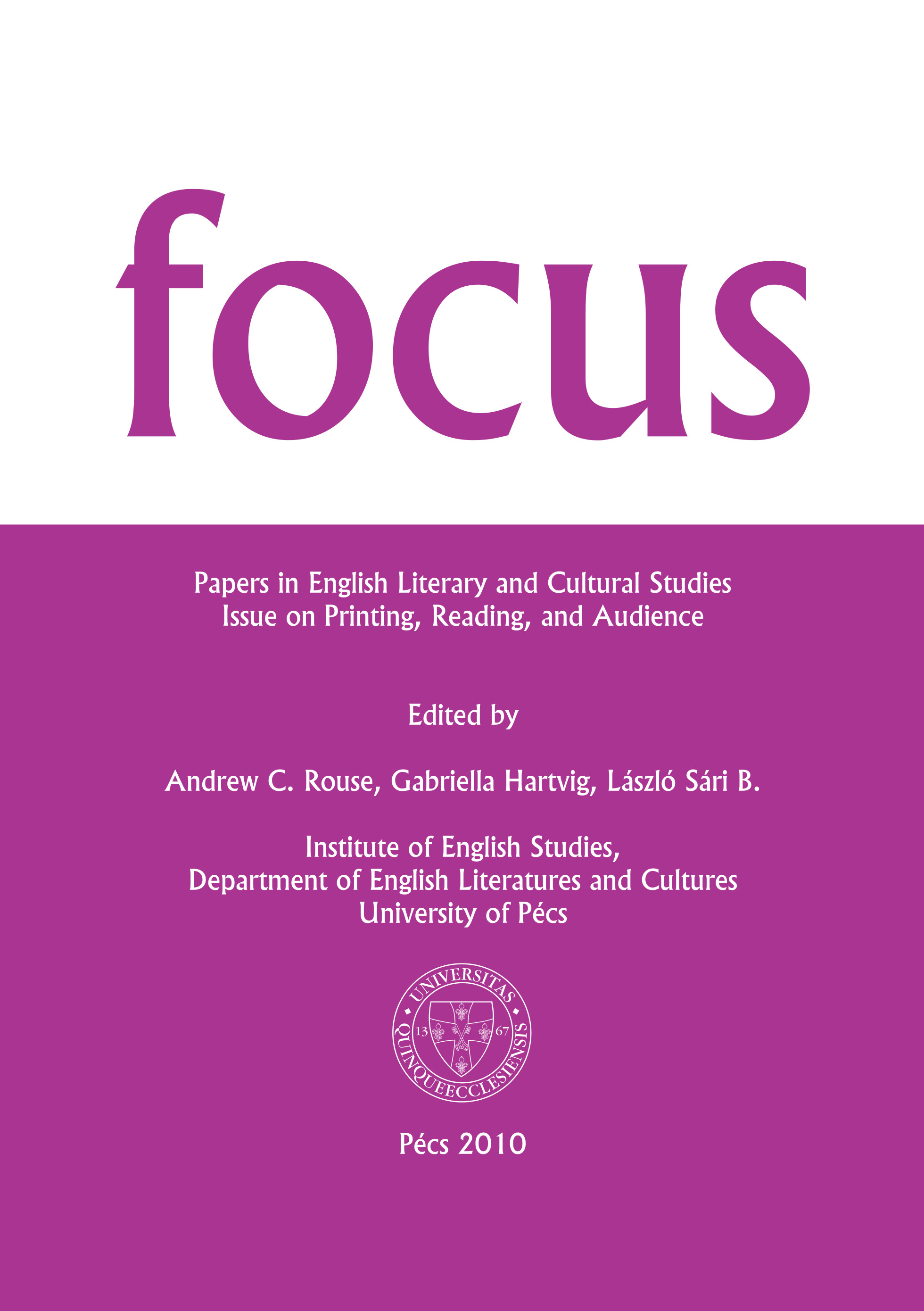“Space to space, time after time, in various phases of scripture”: Spatiotemporal Issues in the Study and Editing of Modern Literary Manuscripts
Abstract
In 1803, Goethe wrote to the composer Carl Friedrich Zelter that “one does not get to know nature and works of art when they are finished; they must be grasped as they develop, in order to understand them to some extent” (qtd. in Marholz 60, my trans.). Goethe’s “organicist” approach to artistic creation remained a quite exceptional stance at the time: a similar interest in the historical mode of art can be re-encountered only in 1846, when Edgar Allan Poe discussed the composition of his poem “The Raven.” Goethe’s and Poe’s remarks represent the first expressions of an orientation which would prevail in the following century and culminate in Paul Valéry’s poetics; the latter considered works of art merely “abandoned” and never finished (1497), thus questioning the authority of the published text.
Downloads
Published
How to Cite
Issue
Section
License

This work is licensed under a Creative Commons Attribution-NonCommercial-NoDerivatives 4.0 International License.
FOCUS: Papers in English Literary and Cultural Studies follows the principles laid down by Creative Commons, which provides guarantees for the Author’s copyright while also ensuring that intellectual properties are made available for the wider public in a digital form. All papers submitted to the journal apply the following licence conditions (indicated on the journal’s website as well as in individual publications):
“© This work is licensed under a Creative Commons Attribution-NonCommercial-NoDerivatives 4.0 International License.”
You are free to:
- Share, copy and redistribute the material included in the journal in any medium or format under the following terms:
- Attribution — You must give appropriate credit to the Author, and indicate the original place of publication [FOCUS: Papers in English Literary and Cultural Studies, Issue nr., page numbers.].
- NonCommercial — You may not use the material for commercial purposes.
- NoDerivatives — You are not allowed to remix, transform, or build upon the material.
- The above conditions must always be indicated if the journal material is distributed in any form.
- The above conditions must always be met, unless a written permission signed by the Author and the Editor-in-Chief states otherwise.

